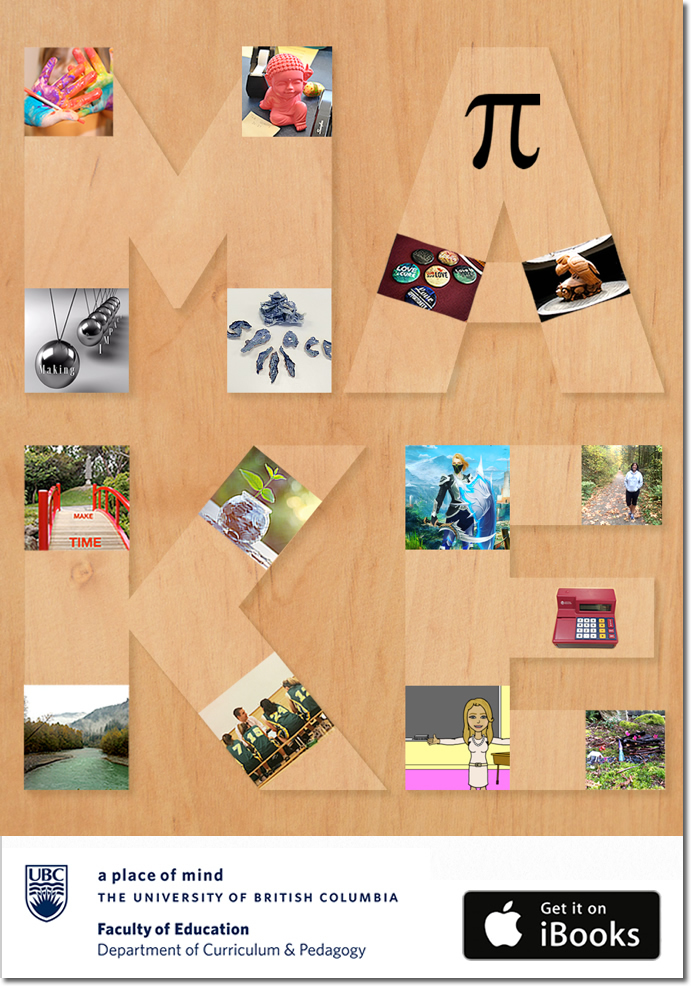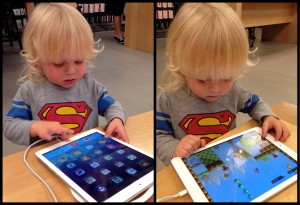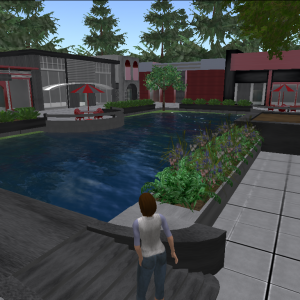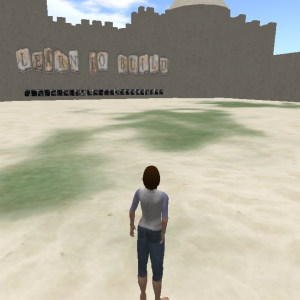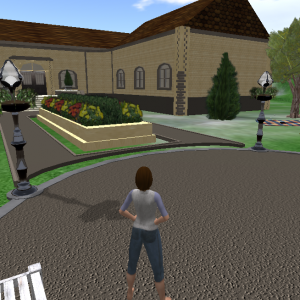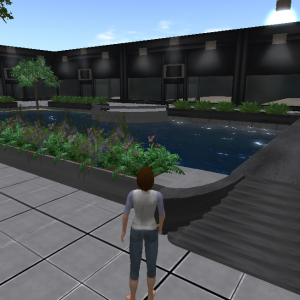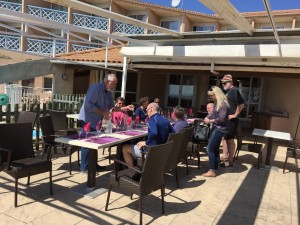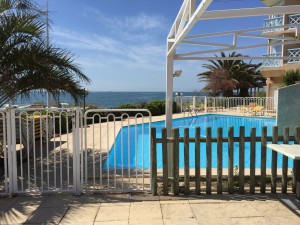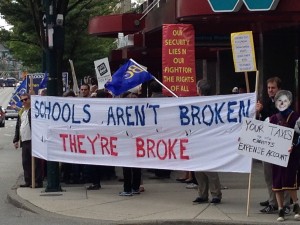You are invited to
The Final Oral Examination
For the Degree of
DOCTOR OF PHILOSOPHY
(Curriculum Studies)
PAULA (PJ) MACDOWELL
B.Ed, The University of Regina, 1995 MET,
The University of British Columbia, 2007
Monday, March 16, 2015, 12:30 pm
Room 200, Graduate Student Centre
Latecomers will not be admitted
Empowering Girls as Change Makers in Maker Culture: Stories from a Summer Camp for Girls in Design, Media & Technology
EXAM DETAILS
1. Exam Time: 12:30 PM on Monday, March 16, 2015 (Please arrive 5 minutes early, so the exam can begin promptly).
2. Exam Location: Room 200 of the Graduate Student Centre (Koerner Building, 6371 Crescent Road).
EXAMINING COMMITTEE
Chair:
Dr. Sandra Mathison (Measurement, Evaluation, and Research Methodology)
Supervisory Committee:
Dr. Stephen Petrina, Research Supervisor (Curriculum Studies)
Dr. Franc Feng (Curriculum Studies)
Dr. Sandra Scott (Curriculum Studies)
University Examiners:
Dr. E. Wayne Ross (Curriculum Studies)
Dr. Laurie Ford (School Psychology)
External Examiner:
Dr. Ann Marie Hill
Faculty of Education
Queen’s University
Kingston, Ontario
ABSTRACT
This study investigates how girls develop new affinities towards and capabilities in media and technology. Thirty co-researchers, girls aged 10-13, were recruited into 101 Technology Fun, a series of summer camps with learning labs in animation, game design, movie production, and robotics programming. The design studio setting, created by the How We Learn (Media & Technology Across the Lifespan) collective, offered girls their own makerspace to explore media and technology. A novel methodology was developed, the Tween Empowerment & Advocacy Methodology (TEAM), which emphasizes relational ethics through artifact production, storymaking, mind scripting, invention, and imagination. Highlighting the importance for youth voices to be recognized and given influence in the academic research concerning their lives and learning circumstances, the findings focus on the catalytic or generative artifacts and “little stories” (e.g., Lyotard’s petits récits) revealing the co-researchers’ experiences and expressions of girlhood-in-interaction-with-technology (the key unit of analysis).
This research addresses artifacts as they relate to stories made or examined by the team members, including our concerns, needs, talents, inspiration, literacy, and volition. The artifacts, such as music videos, robotic amusement park, and the momME alternate reality game, are catalytic for storymaking and, symmetrically, the stories are catalytic to artifact production and sharing. Four distinct yet interrelated elements characterize our fieldwork and designworks:
(1) agency (girls having influence and power)
(2) ingenuity (girls being clever and inventive)
(3) self-interpretation (girls making sense and significance)
(4) self-efficacy (girls judging their technological capabilities).
Findings underscore the statement that it is not really a question of whether girls like to design (most do), as much a matter concerning how, when, and why they learn to become innovators, leaders, and producers of media and technology (thereby overturning traditional gender and generational stereotypes). Indeed, how a group of female youth story changes in their sense of technological self-efficacy, self-interpretation, ingenuity, and agency is one of the most important contributions of this study. Questions, both guiding and emergent, are articulated in artifact and text to motivate further scholarly inquiry, action, and advocacy, thereby generating more opportunities for girls to participate in, design, make, and transform technology culture.

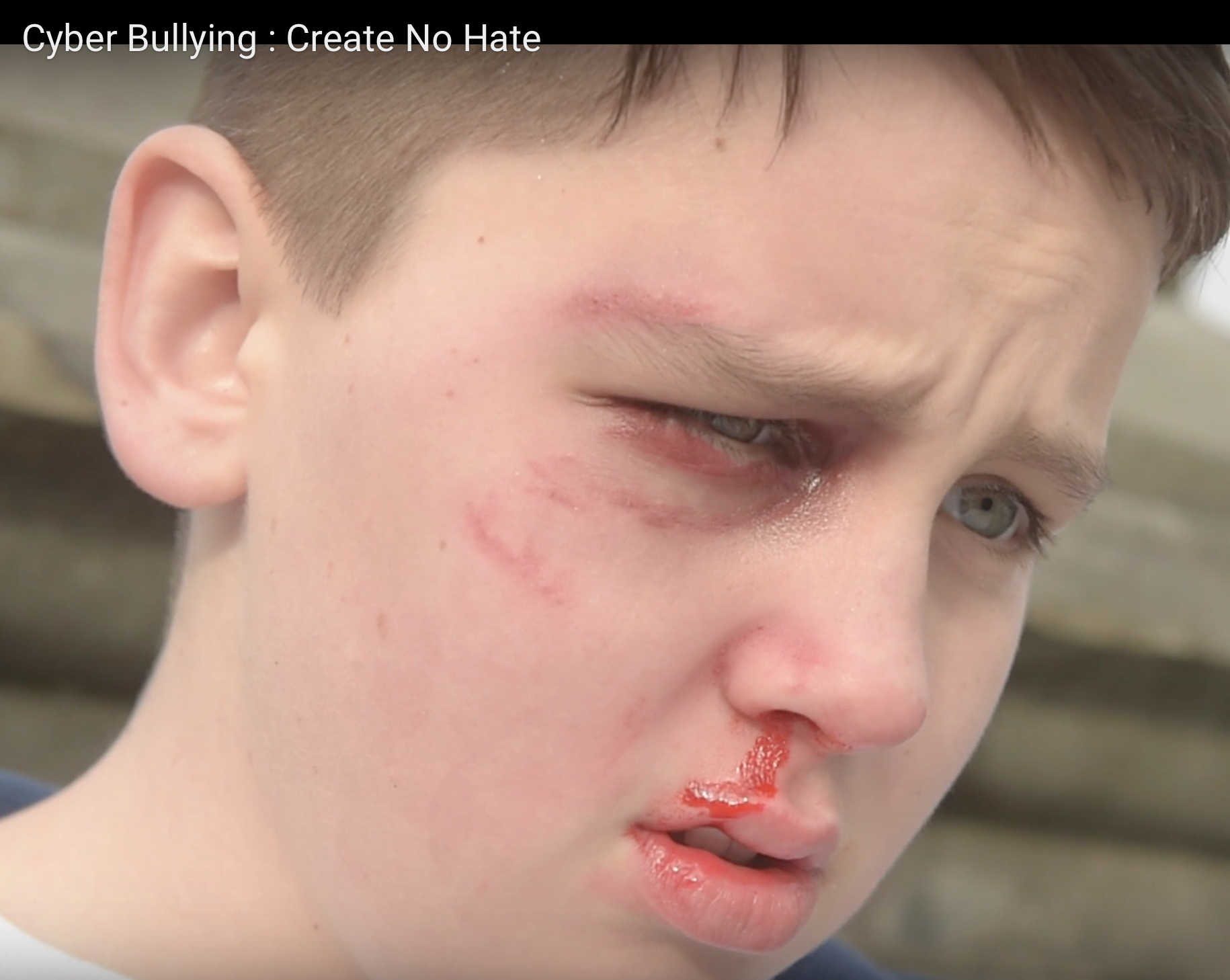
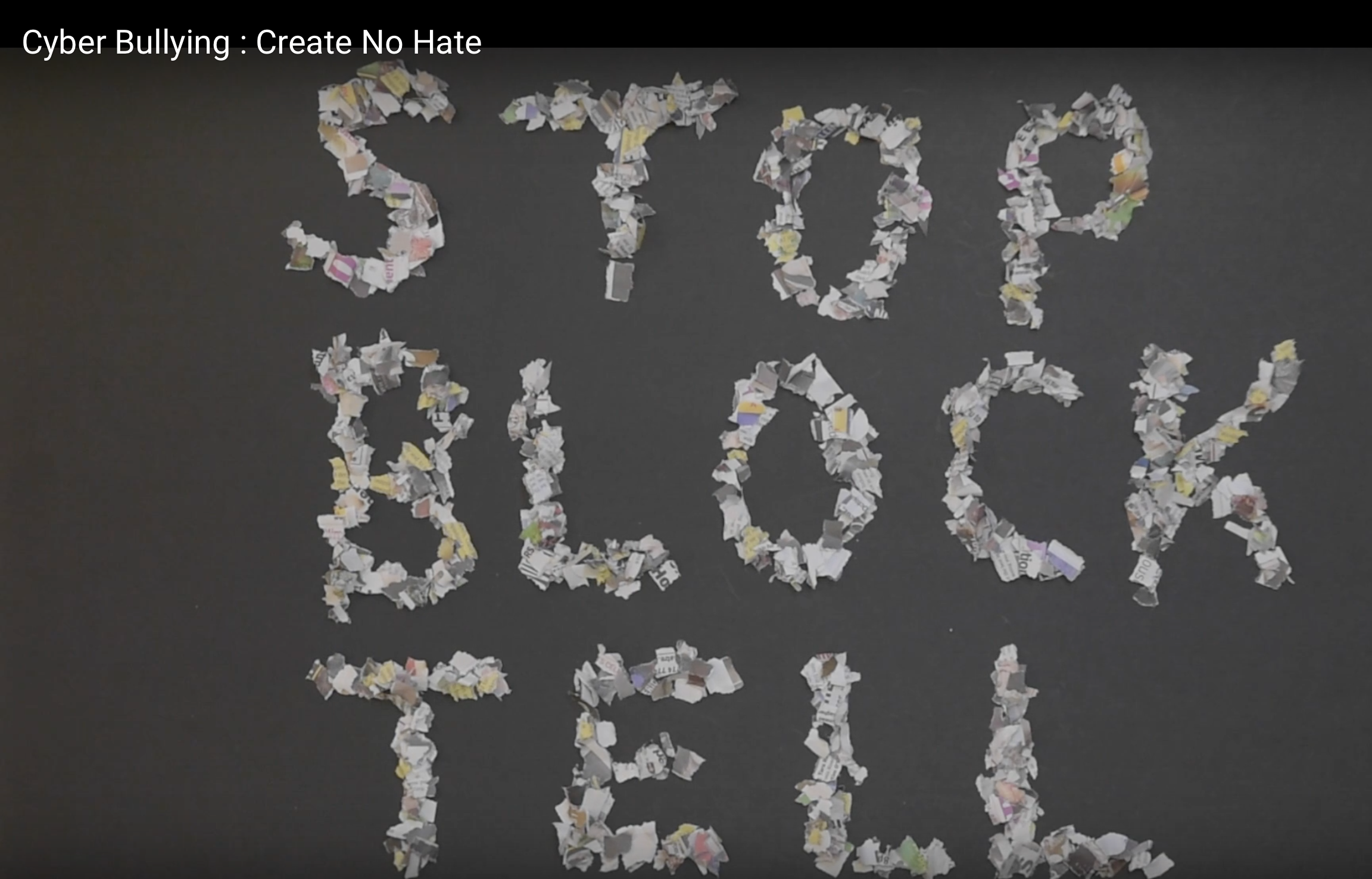
 Follow
Follow